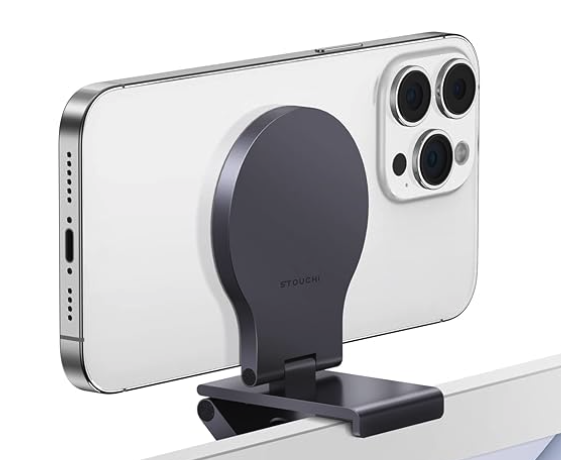7:44 PM Mar 4th
WELCOME TO SOUNDBROKER.COM
Wanted: Stageline SL100 & SL320 for an immediate purchase
SoundBroker.com - SPARS Watch

April 2003 - SPARSwatch Article by Jan Landy
The following is the SPARSwatch Column from ProSound News April 2003 written by Jan Landy. (Reprinted with permission).
In the Dickens classic, A Tale of Two Cities, the author wrote, "It was the best of times, it was the worst of times." Though written in the late 1800s, those words resonate today. In these uncertain times, careful purchasing is vital to the fiscal health of a recording services business. Studio managers are continuously challenged to squeeze maximum value from every equipment purchase. To achieve this, many studios use the services of a broker. This month's column explains some of the benefits of that option, details what to look for, and offers some advice on how to avoid being burned.
The first step before making a purchase however, is to candidly ask, "What is my objective or application?" You need to take some time to seriously answer this question from a business perspective. If the purchase makes good business sense, and you can clearly articulate the business goals to be accomplished from the purchase, the next step is to do extensive research. While you may "just know" what gear you want to buy, you need to explore all the available options. By dispassionately using your "business goals" as the yardstick, you might discover another brand or model that should be carefully considered because it accomplishes those goals within or below your price range. There are numerous ways to get the information you need to make an intelligent decision. A broker can offer advice and counsel and can help guide you in your research and decision-making process.
Once the decision has been made to pursue a piece of equipment, a broker can help you find new or used equipment in your price range, and, if necessary, assist you in obtaining financing. An established and reputable broker has a network of trusted vendors and may be aware of equipment that is available, but not yet be on the market for sale. Some brokers can offer new equipment at discount prices in the event you cannot find everything you need in the used market.
A key benefit of working with a reputable broker is the protection you receive with that service. The broker's job is to protect all of the parties involved and to facilitate the sale to minimize frustration for everyone. That includes making sure that the buyer gets what he paid for, delivered to his door, in the condition promised, and that the seller is promptly paid with good funds. A broker will make sure that equipment is inspected and documented correctly, that equipment will be packaged or crated properly for transport, and that equipment is shipped using the correct service. The broker will also make sure that the equipment you are buying is free and clear of all liens and encumbrances, that the equipment is actually owned by the seller, and that the seller has the right to sell the equipment.
It is important to investigate and interview brokers as diligently as you would any other professional to whom you would entrust your business. That includes taking the time to find an individual you can relate to, feel comfortable with, and perhaps most important of all-trust.
It is my recommendation that before you commit to work with any one broker, that you call a minimum of three brokers in order to get a feel for how you relate to them as a person, how knowledgeable they are in regards to the item you are looking for, how long they been in business, how many people they have working for them, and whether they have an office/showroom or work out of their house.
Using a broker operating out of a home office raises some concerns. It can be problematic for that broker to obtain commercial liability insurance. Few manufacturers will authorize a dealership without a commercial business office. Dependence on a solitary entrepreneur also has its risks. What if that person becomes ill or has a family emergency? How are the funds, equipment and transaction protected if that individual is unavailable? A commercial business office is one indication of stability and professionalism.
Perhaps of all the questions you should ask, the most revealing and useful may be whether this firm has done business with anyone you know. References, references, references! If you ask nothing else, obtain at least three names you feel can provide a non-biased report. Another great way to investigate a broker is to surf the Net, log onto some discussion boards, and seek some feedback.
Once you've selected a broker, clearly establish how the transfer of money will take place, and what guarantees and warranties will be provided. In order to protect yourself, make sure that you get an agreement in writing that clearly details all aspects of the sale.
Do you really need to use a broker when buying used gear? The answer is, of course, no. You can certainly buy gear without a broker. However, when you go it alone, you are responsible for coordinating all aspects of the sale. You assume the risk of not getting what you paid for, not in the condition it was promised, and perhaps even losing your payment, all without any recourse. A reputable broker will cover that for you, saving you time, money and hassles, and allowing you to remain focused on what you do best-create and record music.
Jan Landy is CEO of SoundBroker.com. The views expressed are those of the author. To learn more about SPARS, visit www.spars.com, or phone 800-771-7727.










